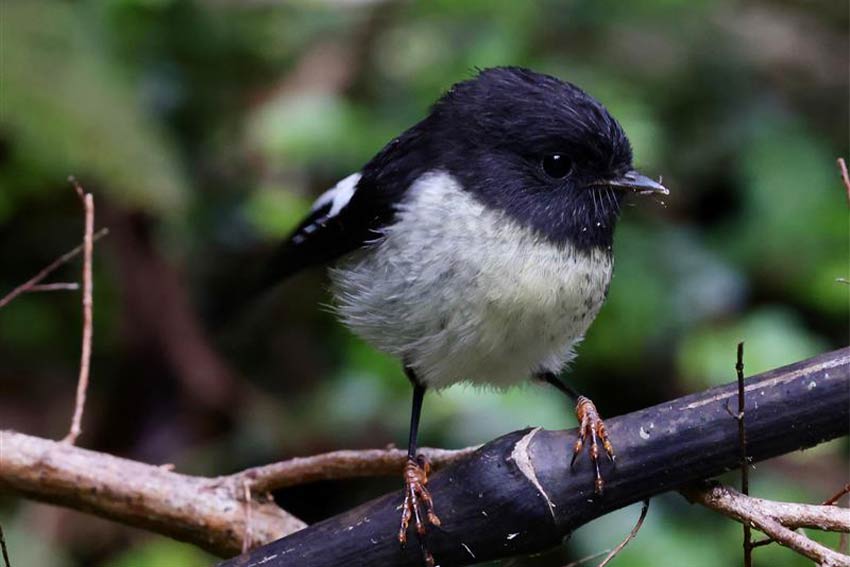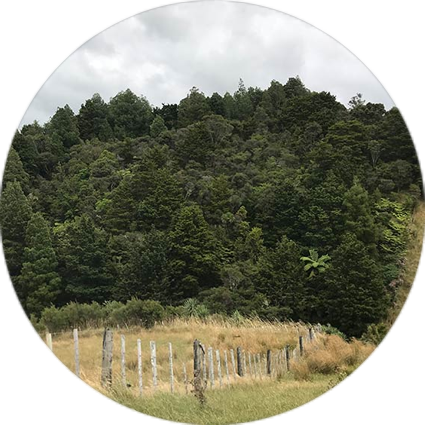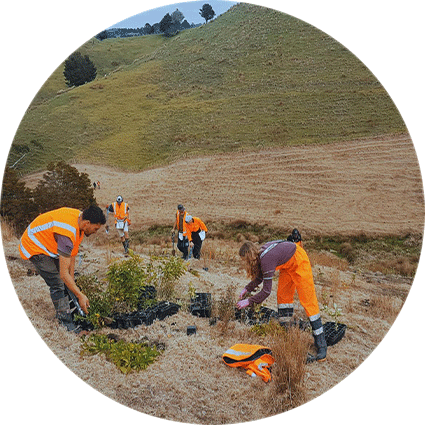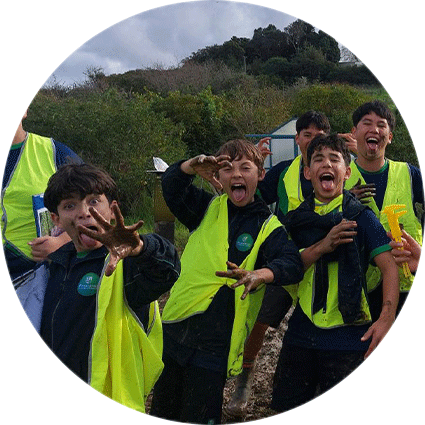
Our vision
To accelerate a transition to a regenerated living world, where place-based knowledge systems and practices enable communities to thrive in kinship with te taiao, the living world.
Our mission
Catalysing change: We catalyse regenerative change by connecting communities, place-based knowledge systems and practices, and technologies to achieve systemic transformation.
Trans-disciplinary, cross-cultural, partner, place and project based: Our innovative, trans-disciplinary research supports kaitiakitanga, citizen science and community co-creation, amplifies youth voices, and fosters regenerative change to enable the vitality of te taiao, the living world.
Impactful: We operationalise and focus our collective insights to activate scalable, measurable, practical and ethical impact across systems and multi-generational timeframes.

Assessing system transformation
Employing technology to measure and understand socio-ecological change and the effects of regeneration efforts. Making regenerative indices and metrics cost-effective, accessible, actionable and scalable.

Partnering with communities
Working with diverse communities to influence change for socio-ecological regeneration.

Enacting regenerative change
Applying and scaling regenerative approaches to support regenerative strategy, policy and decision making. Testing new regenerative practices in place, in built and natural environments.
Get involved
You can join the Te Whare Tūroa AUT Regenerative Environments Research Network as either a partner or an affiliate, or you can simply request to be kept in the loop by joining our mailing list and receiving our monthly newsletter.
If you're a student or early career researcher, please contact us to discuss mentorship and how we can help develop your research.